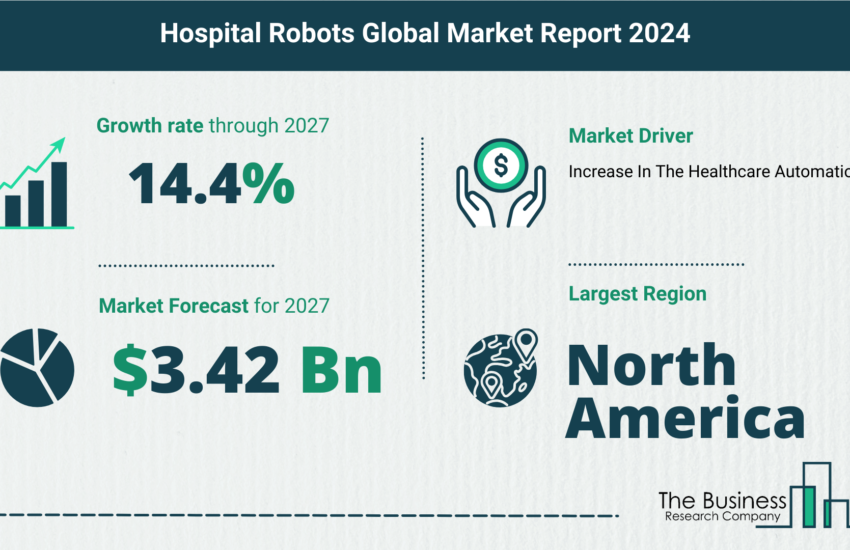Players In The Healthcare Analytics Market Are Investing In Acquisitions And Collaborations
Leading healthcare analytics market players are focusing on strategic collaborations to expand their offerings. For example, in September 2016, SCIO Health Analytics acquired Clear Vision Information Systems whose clients include government and commercial health plan providers, medical groups and ACOs to add to SCIO’s offerings in the healthcare analytics market. Again, in November, 2015, Quality Systems, Inc. acquired HealthFusion, a developer of cloud-based EHRs for physicians’ practices; the acquisition will enable Quality Systems to build on its ambulatory strategy. Collaborations include the May 2015 announcement by IBM and Medtronic that they would cooperate to conglomerate analytics and cognitive computing with diabetes medical devices and health data to develop a new generation of personalized diabetes management solutions. In September 2015, Cerner Corporation announced a strategic collaboration with Glens Falls Hospital to consolidate its EHR platform to Millennium EHR into the system’s ambulatory facilities to enhance clinical processes and health care delivery capabilities for future growth and development.
The last of these examples, the collaboration of Cerner Corporation and a hospital, is an instance of a development which is widely considered highly desirable but difficult to achieve. Some stakeholders – electronic health record vendors, insurers and other healthcare payers, pharmaceutical organizations and research support teams of the insurers – actively seek collaboration aimed at discovering ways to improve the health of the ageing and individuals who suffer from chronic diseases. Payers have rich sources of information on claims with disease codes from patients admitted to different treatment centers, and other administrative information. If this data could be combined with the patient information generated by hospitals, it could provide many meaningful and actionable insights. However, at present most healthcare organizations consider that patient data should be confidential and are unwilling to share it with other stakeholders.

his problem of achieving collaboration between some healthcare providers, payers and electronic health record vendors is one of a number of restraints on the healthcare analytics market. Another is the lack of data integration and poor standardization of health records, and yet another is a shortage of skilled professionals in the industry. Despite these restraints, however, the global market for healthcare analytics will grow from around $14 million in 2018 to more than $34 million by 2022 at an annual growth rate of 24.8%.
The healthcare analytics market is defined as sales of the technologies and services used for the gathering and analysis of healthcare data to produce business intelligence reports and interfaces that quantify disparate clinical, operational and financial data related to healthcare entities. Healthcare analytics enable predictions of future actions with a customer/market perspective and healthcare-related decision modelling systems. The process includes the real-time reporting of patient outcomes against every incident of health care delivered. Healthcare providers also use healthcare analytics to mine patients’ electronic health records to identify inherent medical inaccuracies in the system so as to offer cost-effective treatments while reducing the amount of resources wasted.



